Kenyan Landlords Face Sh100bn Bill in Ambitious Tax Plan

The Kenyan government is poised to implement a comprehensive overhaul of its tax system aiming to collect an additional Sh83 billion in revenue.
This initiative, led by the Ministry of National Treasury and Economic Planning, represents the latest attempt to bring landlords into the tax fold, a demographic that has historically proven challenging for the taxman to capture despite various compliance incentives. Cabinet Secretary John Mbadi has identified landlords as a key target for this new tax regime. The government's ambitions extend beyond property owners to encompass professionals such as doctors, lawyers, and accountants who engage in consultancy work alongside their primary employment.
Despite data from the Kenya National Bureau of Statistics (KNBS) indicating a higher proportion of renters in urban areas compared to homeowners, the Kenya Revenue Authority (KRA) and its parent ministry have struggled to fully capture the landlord demographic. The 2019 KNBS Census revealed that 61.3% of households owned their primary residence, while 38.7% were tenants. Of the 12.1 million households surveyed, 7.3 million were homeowners, and 4.6 million were renters. Nairobi City County alone accounted for 138,976 homeowners and 1.4 million renters. Previous efforts to incorporate landlords into the tax system have included amnesty programs.
In 2015, KRA offered a complete amnesty to landlords who registered as taxpayers. However, the results were mixed, with only 20,000 landlords registering by September 2015, falling short of the 60,000 target set for 2018. The amnesty aimed to collect Sh3 billion in the 2015/16 fiscal year. In 2022, KRA collaborated with Nairobi City County on a data collection initiative to identify rental properties and expand the tax base. This effort extended beyond individual landlords to include real estate companies and property management agents. Tenants were urged to cooperate with KRA officers by providing necessary information.
The iTax system, which relies on self-reporting, has been a cornerstone of KRA's strategy. However, CS Mbadi has acknowledged that this system alone may not be sufficient to achieve the Sh87 billion target. He has called on landlords to commence tax payments immediately, warning that there would be no exemption for previous months' dues. A 2020 study by the Kenya School of Revenue Administration (Kesra) found that property owners in Westlands, Nairobi, were well informed about tax rates, taxation basis, and compliance requirements under the residential income tax regime. The study recommended that KRA invest more in technology and enhance taxpayer awareness to encourage compliance.
The Monthly Rental Income (MRI) tax regime, introduced through the Finance Act 2015, offers a simplified tax system for residential rental income. It applies to individuals or companies earning between Sh 280,000 and Sh 15 million annually from rental income. Effective January 2024, the tax rate is set at 7.5% on gross rent received, with no allowances for deductions related to expenses, losses, or capital expenditures. The Finance Act 2023 introduced the appointment of rental income tax agents to collect and remit taxes to the Commissioner. These agents are required to remit the tax within five working days of deduction. Penalties for late filing and payment include a 5% penalty on the tax due and 1% interest per month.

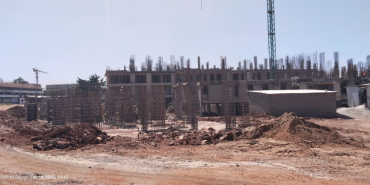
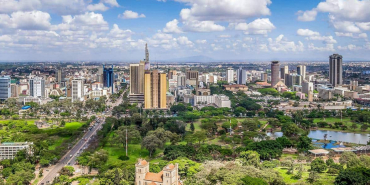
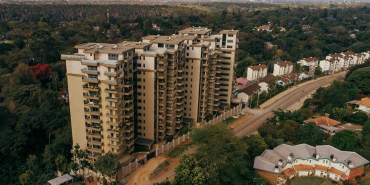

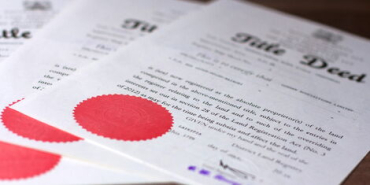
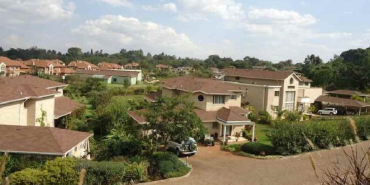

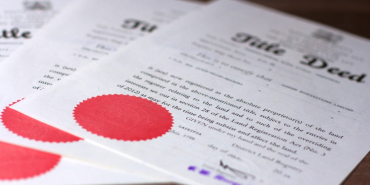
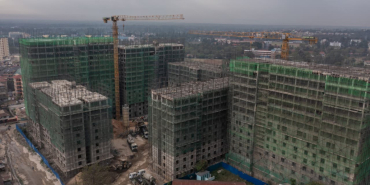
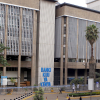



Add new comment